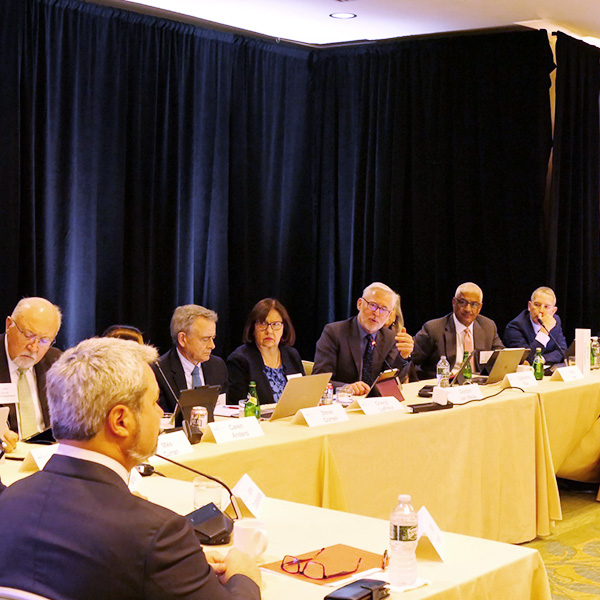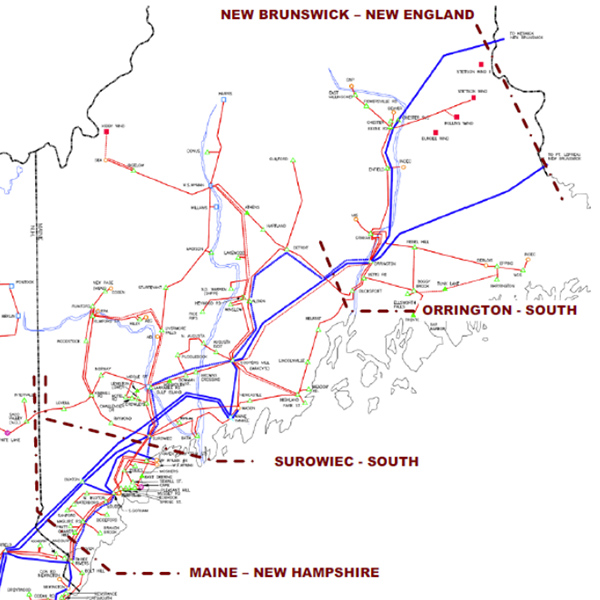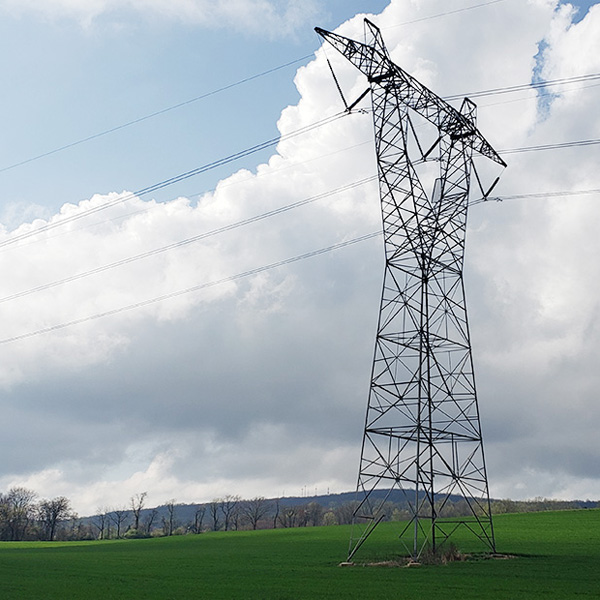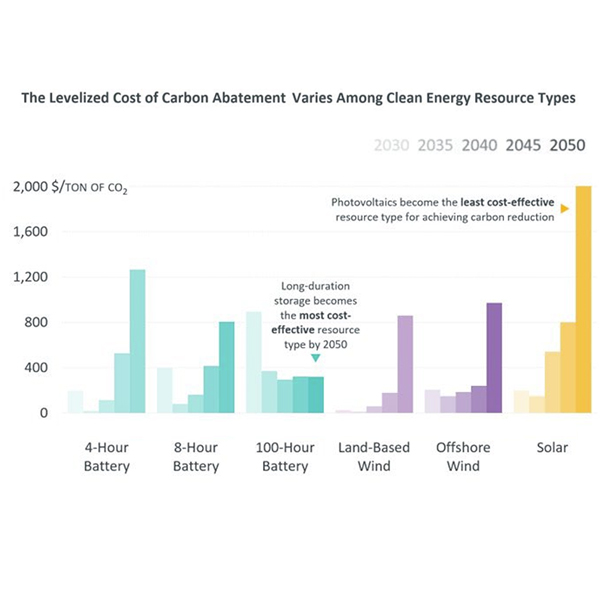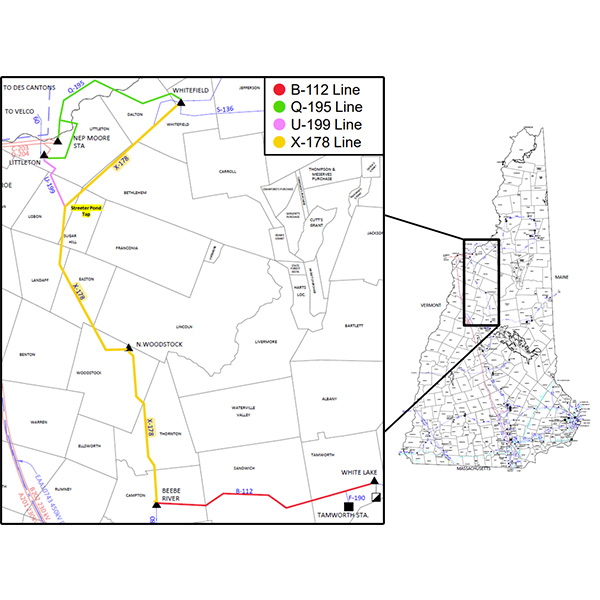New England States Committee on Electricity (NESCOE)
ISO-NE’s multiyear effort to overhaul its forward capacity market likely will continue to dominate ISO-NE and NEPOOL work in 2025.
New England transmission owners no longer can require interconnection customers to pay operations and maintenance costs for required system upgrades, FERC has ruled.
Backed by a new process conducted by the New England states, ISO-NE is moving forward with a request for proposals to build new transmission that would bring wind to market from Northern Maine.
Stakeholders expressed widespread support for the goals of NESCOE’s proposed procurement of transmission solutions in Maine and New Hampshire, while offering differing views on the scope and format of the solicitation.
Sheila Keane of the New England States Committee on Electricity discussed the scope of ISO-NE's first longer-term transmission planning solicitation.
The New England states are planning to solicit project proposals to increase the region’s north-to-south transmission capacity, the New England States Committee on Electricity said.
The RTO will next year focus on capacity auction reforms, establishing a regional energy shortfall threshold, complying with FERC orders 1920 and 2023, and implementing market and technology improvements.
New England transmission owners discussed updates to the guidelines for asset condition project presentations at the ISO-NE PAC to address concerns from states about transparency amid ballooning costs.
As the variability of generation and demand increases on the grid, market enhancements may be needed to promote dispatchable resources, ISO-NE told the PAC.
NESCOE is raising the alarm on Eversource’s planned rebuild of the X-178 transmission line in New Hampshire, arguing that the company has not adequately justified the need for the $385 million project.
Want more? Advanced Search
